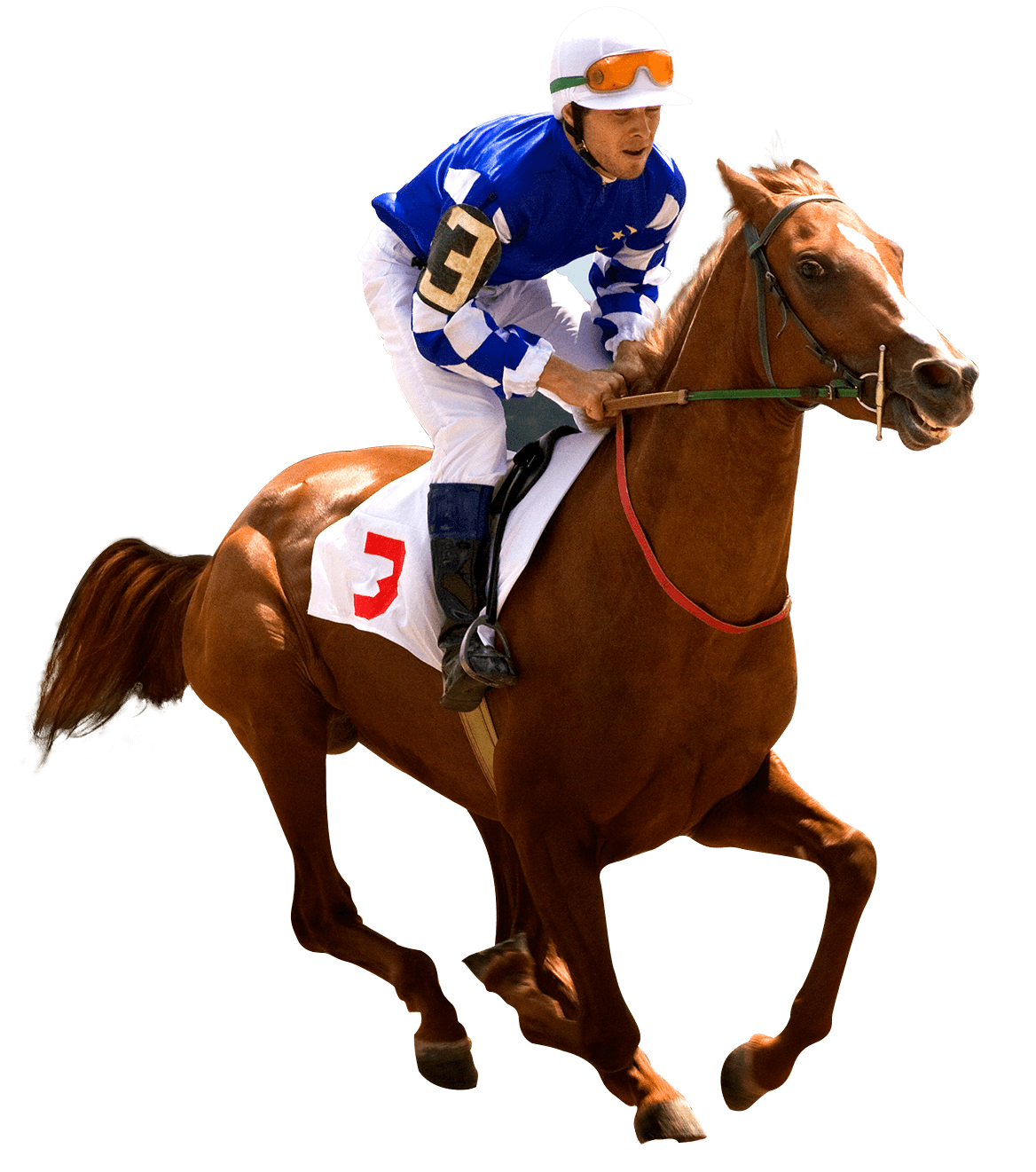This iconic race is part of the Betfair Ascot Chase Day Meeting at one of Great Britain's favourite race courses. This is a day which features seven high profile events covering races from Grade 1 to Grade 3. As the main race, the Grade 1 Betfair Ascot Chase is considered the unofficial final outing for steeplechasers training to race in he Cheltenham Festival. It is also considered one of the most prestigious races of the season with a purse of £150,000.
The Ascot Chase is open to Group 1 thoroughbreds that are at least five years of age. Held annually on the right-handed Jumps Course of Ascot Racecourse, the race itself covers a distance of two miles and five furlongs. A weight requirement of 11st-7lbs applies to males, whereas females must carry 11st.
The 2017 race was won by 4/9 favourite Cue Card trained by Colin Tizzard. Paddy Brennan rode the chaser to his second Ascot Chase victory with a time of 5 minutes and 25.20 seconds. Cue Card won the 2013 event by six lengths and bested that performance by finishing fifteen lengths ahead of runner-up Shantou Flyer. Considered one of the best chasers of his generation, Cue Card has earned around £1.3 million to date and won nine Group 1 events.
location: Ascot Racecourse
grade: Group 1
race type: National Hunt Chase
The Ascot Chase was introduced as an event in 1995 and has been run as an annual Grade 1 National Hunt race ever since. While Ascot Racecourse was undergoing extensive renovations, the Ascot Chase was moved to Lingfield Park which resulted in a change of its original distance of two miles and three and a half furlongs.
When the race moved back to Ascot Racecourse in 2007, the distance changed again until the current distance of two miles and five and a half furlongs was introduced in 2008. In any case, the Ascot Chase Day offers excitement to rival any other major racing event or festival. Being the featured race, the Ascot Chase has a prize fund of £150,000 with a whopping £84,495 (as of 2017) reserved for the winner of the race.
Since its establishment in 1995, this race has had a top-class status and hosted legendary competitors. Some of the most skilled thoroughbreds, jockeys and trainers to compete in professional racing have set records on the Ascot Racecourse (as of 2017) .
Secretariat (1973) holds the record for widest margin of 31 lengths and the record for fastest time of 2 minutes and 24 seconds.
Since 1995, only four horses have won the Ascot Chase on more than one occasion. The thoroughbreds that share the record for most wins include Tuitchev (2001, 2003), Monet's Garden (2007, 2010), Riverside Theater (2011, 2012) and the most recent winner - Cue Card (2013, 2017).
The fastest time of 4m: 47.20sec was set by Strong Promise during the third running of the race in 1997 when it was a distance of two miles and three fulongs in length. Since the race was lengthened to two miles and five furlongs in 2008, the fastest time of 5m: 14.50sec was set by Kauto Star.
The trainer with the most wins is currently Martin Pipe who won the race four years from 2002 to 2006. He only failed to take the win in 2004 with 6/4 favouriteTiutchev who came in a rather disappointing sixth that year.
The jockey with the most wins is Barry Geraghty who won with Riverside Theater two years in a row from 2011 to 2012 followed by another win in 2013 with Cue Card.
In its brief history, the Ascot Chase has seen the best of the best compete including One Man (1998), Kauto Star (2008), Cue Card (2013, 2017) and Silviniaco Conti (2016). Below are some of the best moments in the history of the race (as of 2017) .

The 2008 winner, Kauto Star, is certainly one of the most highly ranked three-mile chasers to compete in the Ascot Chase. He has a career record of 19 wins from 31 starts between 2003 and 2012. His total earnings amounted to about £2.3 million. In 2008, he was the favourite to win with two time winner, Monet's Garden, considered to be his steepest competition. Kauto Star pulled ahead of the field with only three furlongs to go only to win by an impressive eight lengths.
Silviniaco Conti (2016) won by an incredible 20 lengths making for one of the most dominant performances in the history of the race. Rated the highest chaser of both Britain and Ireland during the 2013 season, he brought his total Group 1 victories to seven when he took the Ascot Chase.
1998's winner One Man had an impressive career record of 20 wins from 35 starts. Racegoers remember this champion chaser who is the only thoroughbred to have won both the King George and Champion Chase and for his tragic death in 1998 during the Mumm Melling Chase at Aintree. His victory in the Ascot Chase (then referred to as the Comet Chase) elevated its status greatly.